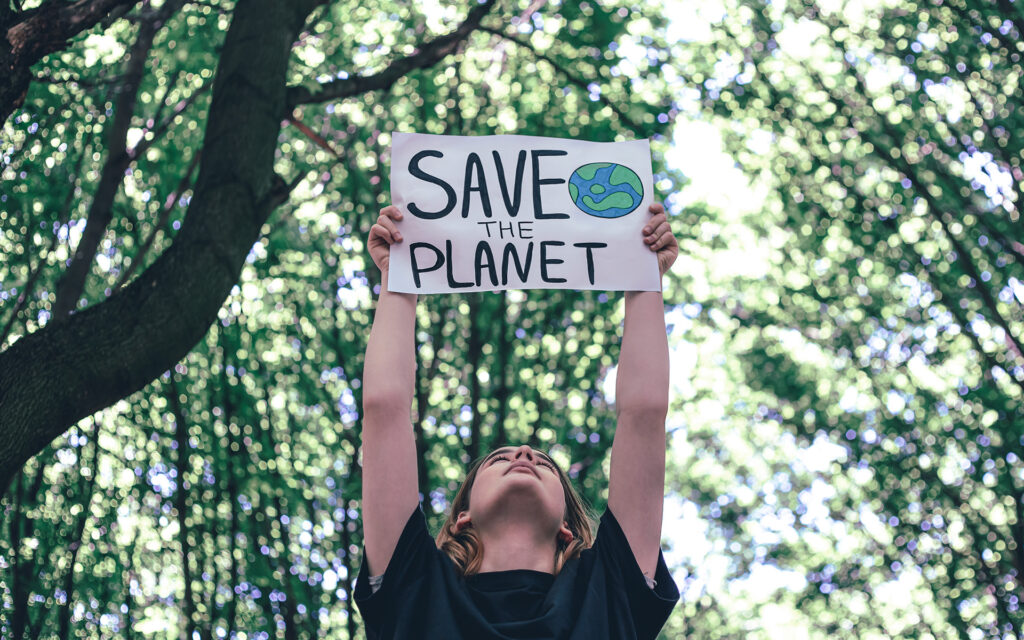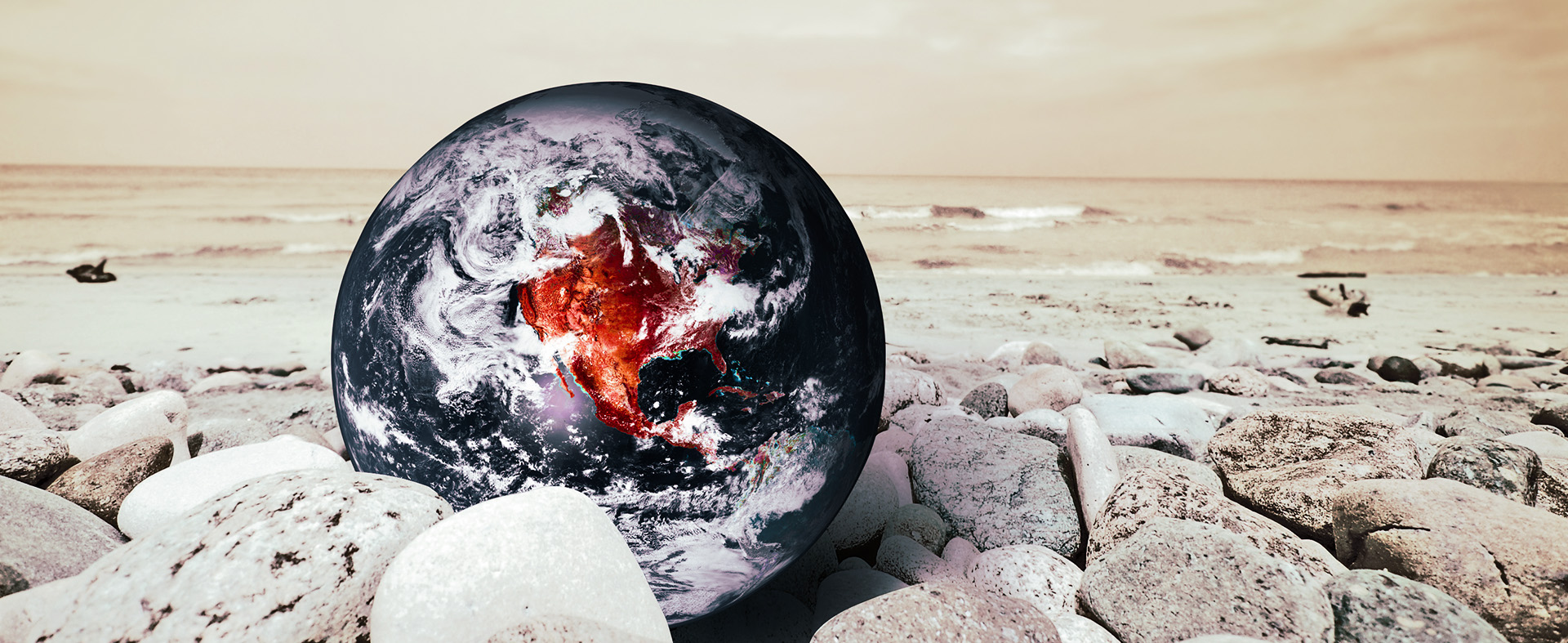Climate change is one of the most pressing issues of our time.
How worried are we about its potential impacts on our everyday life?
In this article, we will explore the various aspects of climate change and how it is affecting the world today. We will also look at what is being done to mitigate the effects of climate change and the steps that need to be taken to address this global problem.
The impact of extreme weather
First of all, I would like to be more specific about the definition of extreme weather.
“Extreme weather includes unexpected, unusual, severe, or unseasonal weather. […]Often, extreme events are based on a location’s recorded weather history and defined as lying in the most unusual ten percent.” (source Wikipedia)
Such events include record-high temperatures, floods, droughts, and wildfires. With climate change on the rise, we’re seeing more and more of these events occurring each year. Their impact on our planet is becoming increasingly clear.
What is its impact on the earth in general and on our everyday life in particular?
Extreme weather can have devastating consequences, such as destroying homes and disrupting infrastructure.
But what is perhaps even more alarming is its direct influence on human lives. In addition to natural disasters resulting in loss of life, extreme heat or cold can cause serious health issues such as heat stroke or hypothermia. Natural disasters can also cause displacement from homes leading to social and psychological issues for affected families.
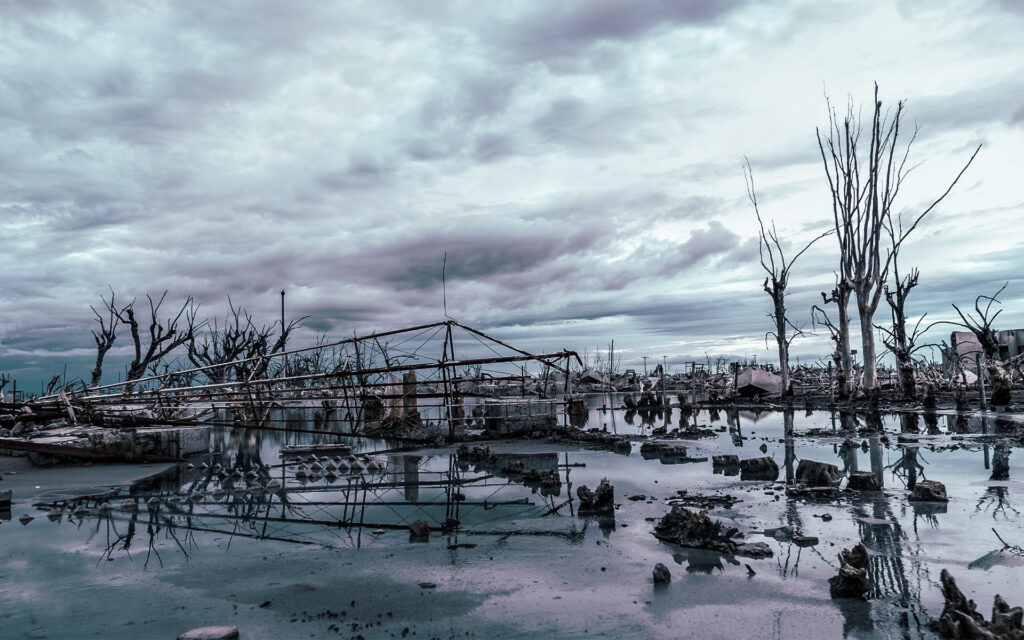
The influence of our actions on climate change
Humans have long been influencing the environment around them, but in recent decades the effects of our actions have become increasingly pronounced. Climate change is the most notable example, with the burning of fossil fuels for energy contributing to an increase in global temperatures and more extreme weather events. Scientists agree that human activities are a major factor in climate change and that we have a responsibility to take action to reduce its effects.
However, not everyone is on board with this conclusion. In fact, some deny the reality of climate change altogether, citing natural variations in weather patterns or other environmental factors. It’s important to recognize that even if you don’t personally believe in the reality of climate change, the decisions of those who do can still have an effect on the environment.
Ultimately, men need to step up and accept their responsibility for the climate crisis. By taking decisive action and setting an example for others to follow, they can help create a future in which we all work together to reduce emissions and fight climate change.
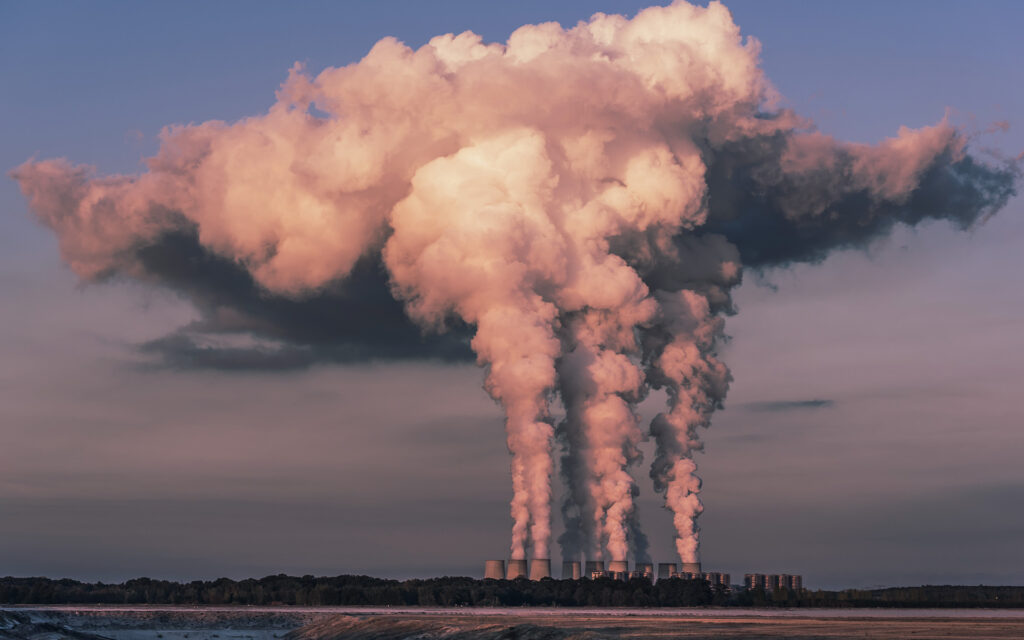
The economic costs of climate change
Climate change has already had a significant economic impact on the world, with extreme weather events leading to losses of billions of dollars in property damage and productivity losses. According to the International Energy Agency, investing 2% of global GDP each year into clean energy sources could help keep global temperature rise to 1.5 degrees Celsius by 2050. In contrast, inaction would result in a global temperature rise of 3 degrees Celsius or higher by the end of the century, resulting in much greater economic costs.
The economic impact of climate change can be felt both directly and indirectly. For instance, countries may experience increased spending on disaster relief and infrastructure repairs as a result of extreme weather events. This can drain government resources and leave little for other important sectors such as healthcare and education. Additionally, indirect costs such as lost tourism revenue due to disrupted natural habitats can further strain local economies.
On the other hand, investing in renewable energy sources such as solar and wind power can not only reduce greenhouse gas emissions but also create new jobs and generate economic growth. Additionally, investing in natural infrastructure such as coastal wetlands or mangroves can act as a buffer against extreme weather events and protect local communities from losses.
For these solutions to be effective, however, we need political will and sustained investment from governments, businesses, and individuals. Doing so will help ensure that the economic costs associated with climate change are minimized and that future generations can enjoy a healthier, more prosperous world.
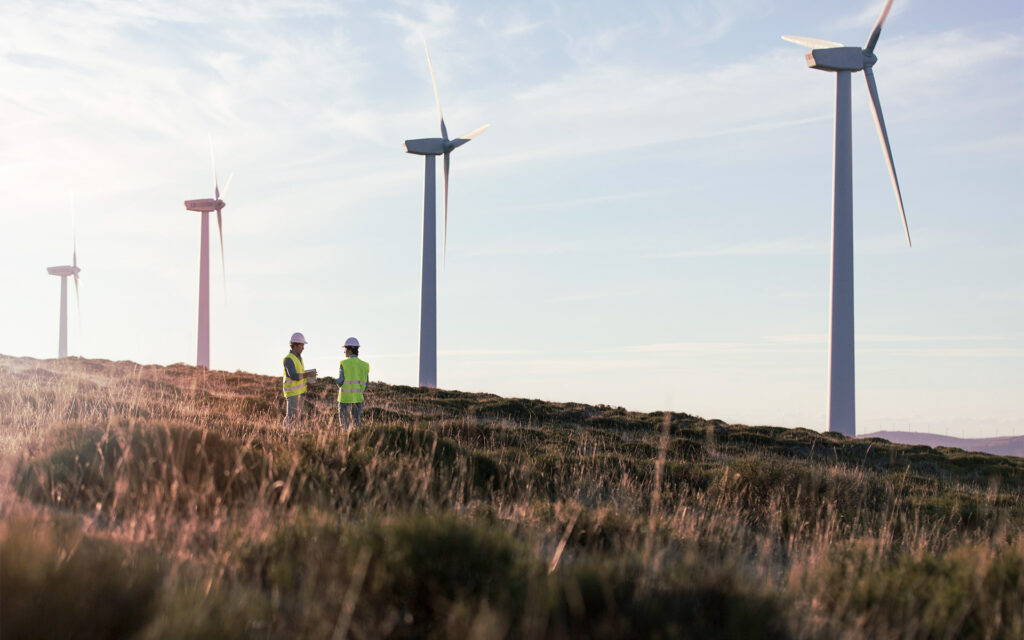
Plans for the future. How to mitigate climate change.
When it comes to dealing with climate change, the most important thing that we can do is take preventative measures to ensure that our planet remains healthy and safe for future generations. We must take responsibility for our actions, reducing our individual and collective carbon footprints. This can involve cutting back on energy consumption, transitioning to renewable sources of energy, and changing lifestyles to be more environmentally conscious.
We also need to invest in the development and implementation of new technologies. In this way we can reduce carbon emissions, as well as develop solutions for adapting to the impacts of climate change. Governments should set ambitious targets for reducing greenhouse gas emissions, and encourage businesses to use innovative technologies and practices that promote sustainability.
Finally, governments should invest in public education and awareness initiatives that will help people understand the risks associated with climate change and how they can contribute to helping the environment. By bringing the public together to work towards solutions, we can move forward with a united front in the fight against climate change.
